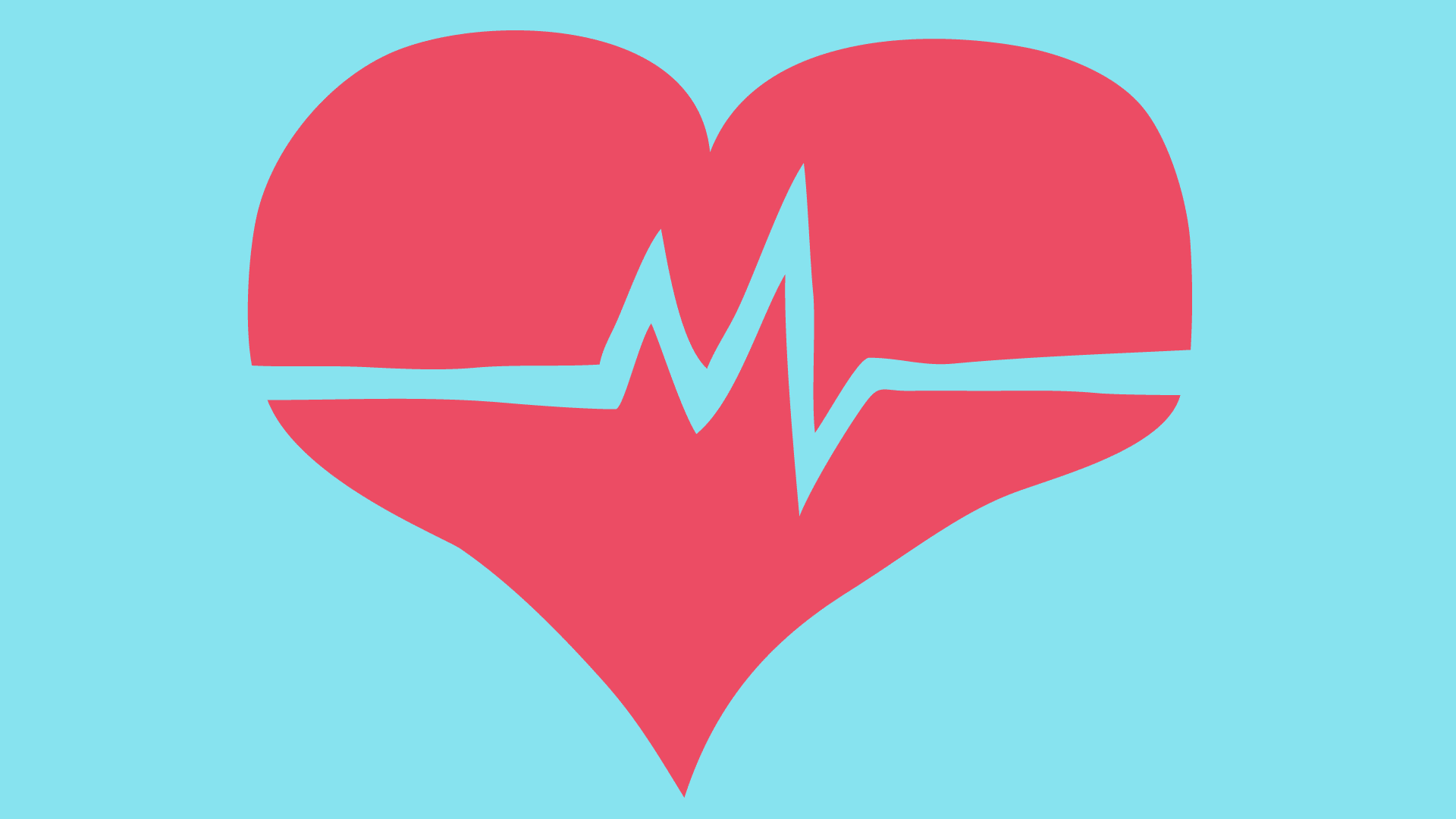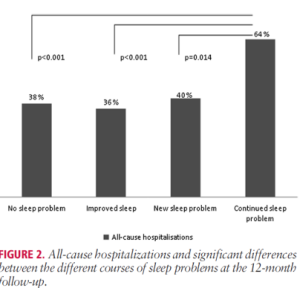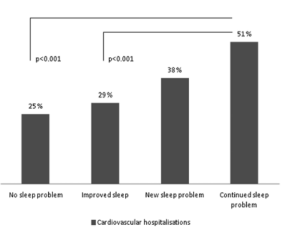
19 Dec THE COURSE OF SLEEP PROBLEMS IN PATIENTS WITH HEART FAILURE AND ASSOCIATIONS TO REHOSPITALIZATIONS
A recent study published in the Journal of Cardiovascular Nursing described the course of sleep problems in Heart Failure patients over 1 year and the association between sleep problems and rehospitalisation. Johansson, Broström, et al. have researched about how sleep problems are common in patients with heart failure (HF) and the association with patient outcomes.
Elderly people with chronic conditions are at risk of developing persistent sleep disturbances, and sleep disturbances have been associated with increased costs for healthcare utilization in samples with and without chronic disease. There are a variety of sleep problems prevalent in patients with HF, but most of these patients have reported insomnia, troubles with initiation and maintenance of sleep and, sleep disorder breathing. As a consequence physical symptoms appear, such us impaired functional performance and daytime functioning, mental issues as depressive symptoms and poorer cognitive function. In addition, sleep disorder breathing has been related with cardiac readmissions.
Therefore, the aim of the present study was to describe the course of sleep problems over 12 months after hospitalization due to HF. And to investigate the association between different patterns of the course of sleep problems and rehospitalisation during these 12 months in patients with HF. In this investigation they took data from 499 HF patients and they analysed sleep problems with the item “Was your sleep restless” from the Centre for Epidemiological Studies Depression Scale during hospitalization for HF (baseline) and after 1 year.

Results: A total of 43% of patients (n = 215) reported sleep problems at baseline, and 21% of patients (n = 105), after 1 year. Among the 215 patients  with problems with sleep at baseline, 30% (n = 65) continued to have sleep problems over time. Among the 284 patients without sleep problems at baseline, 14%(n = 40) reported sleep problems after 1 year. After adjustments for potential cofounders, patients with continued sleep problems had an almost 2-fold increased risk for all-cause hospitalizations (hazard ratio, 2.1; P = .002) and cardiovascular hospitalizations (hazard ratio, 2.2; P = .004).
with problems with sleep at baseline, 30% (n = 65) continued to have sleep problems over time. Among the 284 patients without sleep problems at baseline, 14%(n = 40) reported sleep problems after 1 year. After adjustments for potential cofounders, patients with continued sleep problems had an almost 2-fold increased risk for all-cause hospitalizations (hazard ratio, 2.1; P = .002) and cardiovascular hospitalizations (hazard ratio, 2.2; P = .004).
Conclusion: One-third of HF patients with sleep problems at discharge experienced persistent sleep problems at follow-up. Continued sleep problems were associated with all-cause and cardiovascular rehospitalisations. In many patients with HF, sleep problem can be a persistent condition. Disturbed sleep can be seen as a serious problem, and continuous assessment of HF patients’ sleep should therefore be included as a part of the clinical routine. In clinical routine, a single item measure of sleep problems can be used a simple first step to assess and identify HF patients in the need of a more careful sleep investigation and interventions targeted to improve sleep.
Johansson P1, Broström A, Sanderman R, Jaarsma T. The course of sleep problems in patients with Heart Failure and associations to rehospitalisations. Journal of Cardiovascular Nursing Vol. 30, No. 5, pp 403-410.

